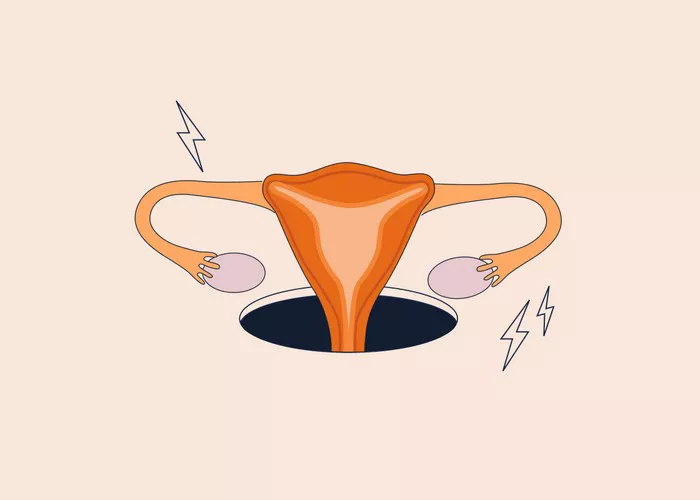Male infertility, though often overlooked, is a significant issue affecting countless couples worldwide. Defined as the inability to achieve pregnancy after a year of regular, unprotected intercourse, male infertility can arise from various factors ranging from hormonal imbalances to lifestyle choices. In this comprehensive guide, we delve into the realm of male infertility, exploring its causes, diagnosis procedures, and the array of treatment options available to those navigating this challenging journey.
Understanding Male Infertility
Male infertility encompasses a range of conditions that hinder the successful conception of a child. Common causes include hormonal imbalances, genetic factors, anatomical issues, and lifestyle habits such as smoking, excessive alcohol consumption, and obesity. Additionally, environmental factors like exposure to toxins and certain medications can also contribute to male infertility. Understanding the root cause is crucial in developing an effective treatment plan tailored to individual needs.
Diagnosing Male Infertility
The diagnosis of male infertility typically begins with a comprehensive evaluation of medical history and lifestyle factors. Subsequent tests may include semen analysis to assess sperm count, motility, and morphology. Hormonal assays measure levels of testosterone, follicle-stimulating hormone (FSH), luteinizing hormone (LH), and other relevant hormones. Imaging studies such as ultrasound or genetic testing may also be conducted to identify underlying issues. A thorough diagnosis lays the groundwork for informed decision-making regarding treatment options.
Exploring Treatment Modalities
Treatment for male infertility is multifaceted, ranging from lifestyle modifications to advanced assisted reproductive technologies (ART). Surgical interventions, such as varicocele repair or vasectomy reversal, may be recommended to correct anatomical abnormalities hindering sperm production or transport. Hormone therapy, involving the administration of medications like clomiphene citrate or human chorionic gonadotropin (hCG), aims to optimize hormonal balance and enhance sperm production.
Assisted reproductive technologies (ART), including intrauterine insemination (IUI) and in vitro fertilization (IVF), offer viable solutions for couples facing severe male infertility or other fertility challenges. These techniques involve the manipulation of sperm and/or eggs outside the body to facilitate conception. The choice of treatment depends on factors such as the severity of infertility, the age of the female partner, and personal preferences.
Evaluating Success Rates and Efficacy
Success rates vary across different treatment modalities and individual cases. Surgical interventions like varicocele repair have shown significant improvement in sperm parameters and pregnancy rates, particularly in cases where varicocele is the underlying cause of infertility. Hormone therapy may yield favorable outcomes in men with hypogonadotropic hypogonadism or other hormonal imbalances. ART procedures, while offering promising results, may require multiple cycles to achieve pregnancy and are associated with higher costs and emotional stress.
Considering Lifestyle Modifications
In addition to medical interventions, lifestyle modifications play a crucial role in optimizing fertility outcomes. Maintaining a healthy weight through regular exercise and a balanced diet can improve hormonal balance and sperm quality. Avoiding tobacco, excessive alcohol consumption, and illicit drugs can mitigate the detrimental effects on sperm production and function. Stress management techniques, such as yoga or meditation, may also support overall reproductive health.
Empowering Stories of Success
Behind the statistics and medical terminology lie stories of resilience and triumph. Individuals and couples who have navigated the challenges of male infertility often serve as beacons of hope for others embarking on a similar journey. Their experiences, shared through personal testimonials or case studies, offer insights into the emotional rollercoaster of infertility and the joy of eventual success. These stories underscore the importance of perseverance, support, and access to comprehensive care.
Expert Insights and Medical Advice
Seeking guidance from healthcare professionals specializing in male infertility is paramount in making informed decisions about treatment options. Fertility specialists, urologists, and reproductive endocrinologists possess the expertise to evaluate individual cases and recommend personalized treatment plans. Their insights, based on years of clinical experience and ongoing research, provide invaluable support to individuals and couples navigating the complexities of infertility.
Pioneering Research and Advancements
The landscape of male infertility treatment continues to evolve with ongoing research and technological advancements. Emerging techniques such as sperm retrieval from testicular tissue or sperm sorting for genetic screening hold promise for individuals with severe male factor infertility or genetic disorders. Innovations in cryopreservation techniques and embryo selection algorithms aim to enhance the efficiency and success rates of ART procedures. Staying informed about the latest developments can empower individuals to explore cutting-edge options and make informed decisions about their fertility journey.
Navigating Next Steps
For those grappling with male infertility, the path forward may seem daunting, but it is not insurmountable. Taking proactive steps such as consulting a fertility specialist, undergoing a thorough evaluation, and exploring treatment options can set the stage for a hopeful outcome. Open communication with healthcare providers, support from loved ones, and access to resources and support groups can provide invaluable guidance and encouragement along the way. Remember, you are not alone in this journey, and there is hope for building the family you desire.
Conclusion
In conclusion, male infertility is a complex and challenging condition that requires a multidisciplinary approach to diagnosis and treatment. By understanding the underlying causes, exploring the diverse treatment modalities available, and harnessing the support of medical experts and loved ones, individuals and couples can navigate this journey with resilience and hope. Together, we can rewrite the narrative of infertility and usher in a future where every dream of parenthood is within reach.

























